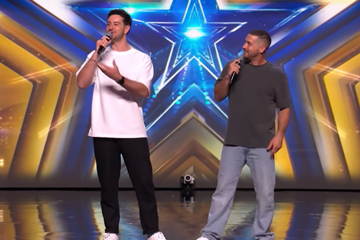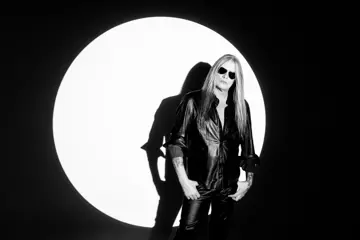Google has created a new Artificial Intelligence system, MusicLM, designed to produce music of any genre from a text description.
Trained on a dataset of 280,000 hours of music, MusicLM learned to generate coherent songs, according to this peer-reviewed paper MusicLM: Generating Music From Text.
The program is said to create music based on the user's text input, such as '808-beats with a clean guitar rift'. The authors state that the more specific the user goes, so does the music.
In the paper, they also state that "MusicLM can be conditioned on both text and a melody in that it can transform whistled and hummed melodies according to the style described in a text caption."
Like most AI programs, MusicLM is far from perfect. AI is still unable to capture the nuances of tone, timbre, and individual interpretation.
There are no musicians or instrumentalists in any of the loops, which cover genres ranging from jazz to country to electronica and death metal.
The vocals are nonsensical and raw but google has still managed to achieve far more than any other tech company that has been working towards a text-to-music program.
Luckily, the multinational tech giant won't be releasing the platform anytime soon due to concerns over its impact on the global music industry. The researchers noted that the program tended to incorporate copyrighted material into the generated song.
"We acknowledge the risk of potential misappropriation of creative content associated to the use case," the paper's co-authors wrote.
"We strongly emphasise the need for more future work in tackling these risks associated to music generation."
Don't miss a beat with our FREE daily newsletter
Some legal experts have also chimed in on the ethical debate, claiming that Google's training of MusicLM - by learning through thousands of already published musical pieces and songs - is in and of itself a copyright violation. To surpass these laws, Google would have to manually generate unique songs to feed the program, defeating its purpose altogether.
AI musical expert Eric Sunray, who wrote a well-respected whitepaper on AI in music, has commented on the development stating that the music industry had only just recovered from the illegal filesharing threat, but now AI was presenting "an even more disruptive technological phenomenon".
It's clear only time will tell how disruptive AI will be to the global music industry.















